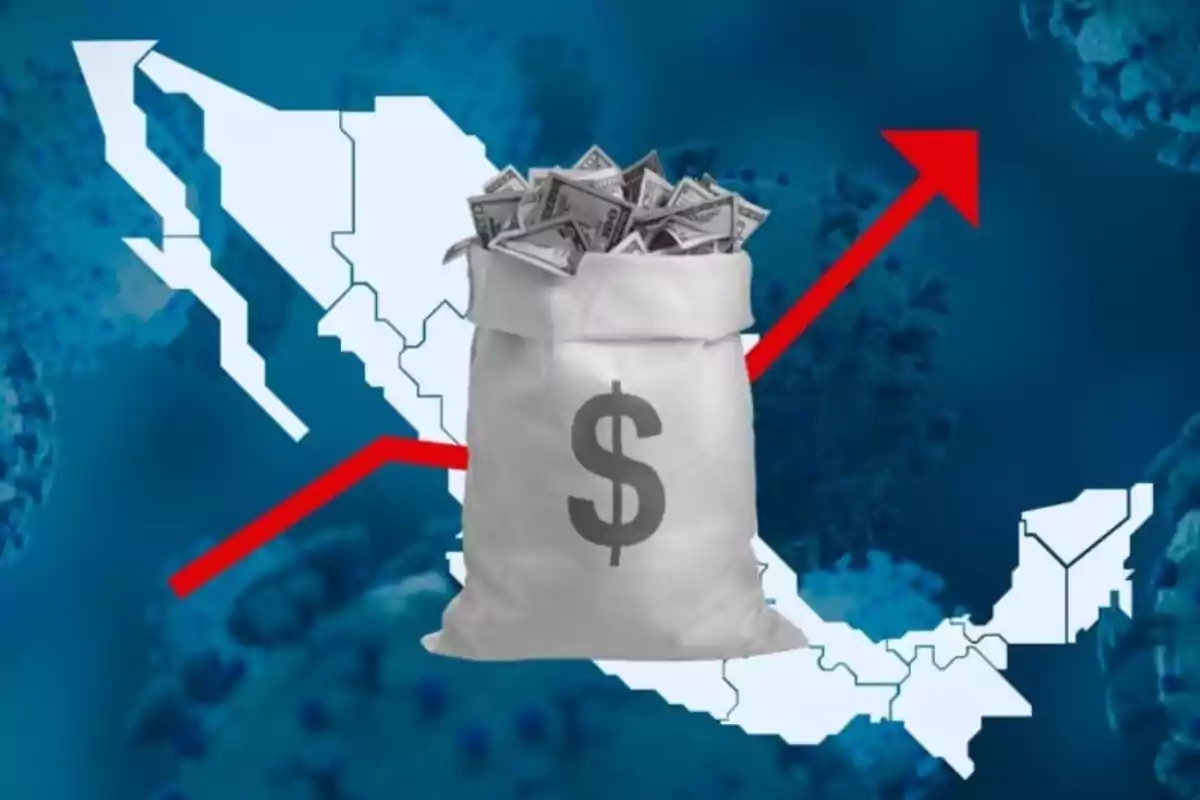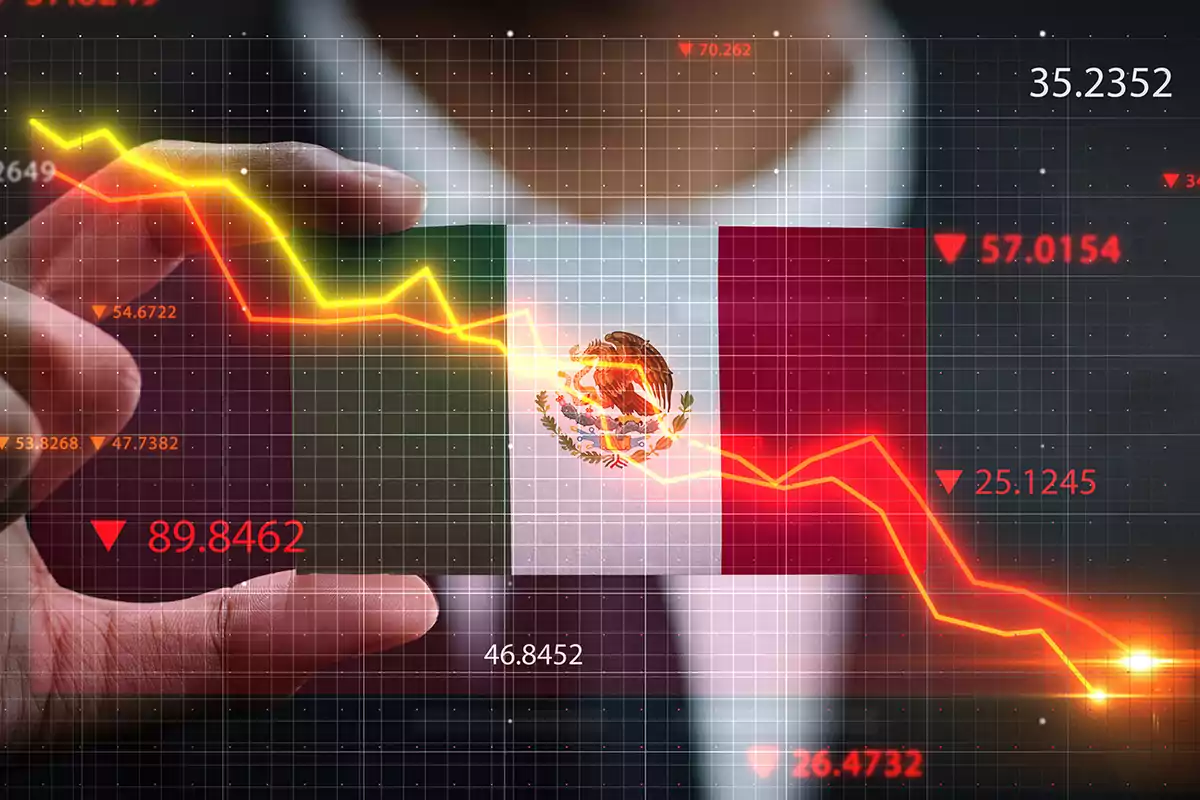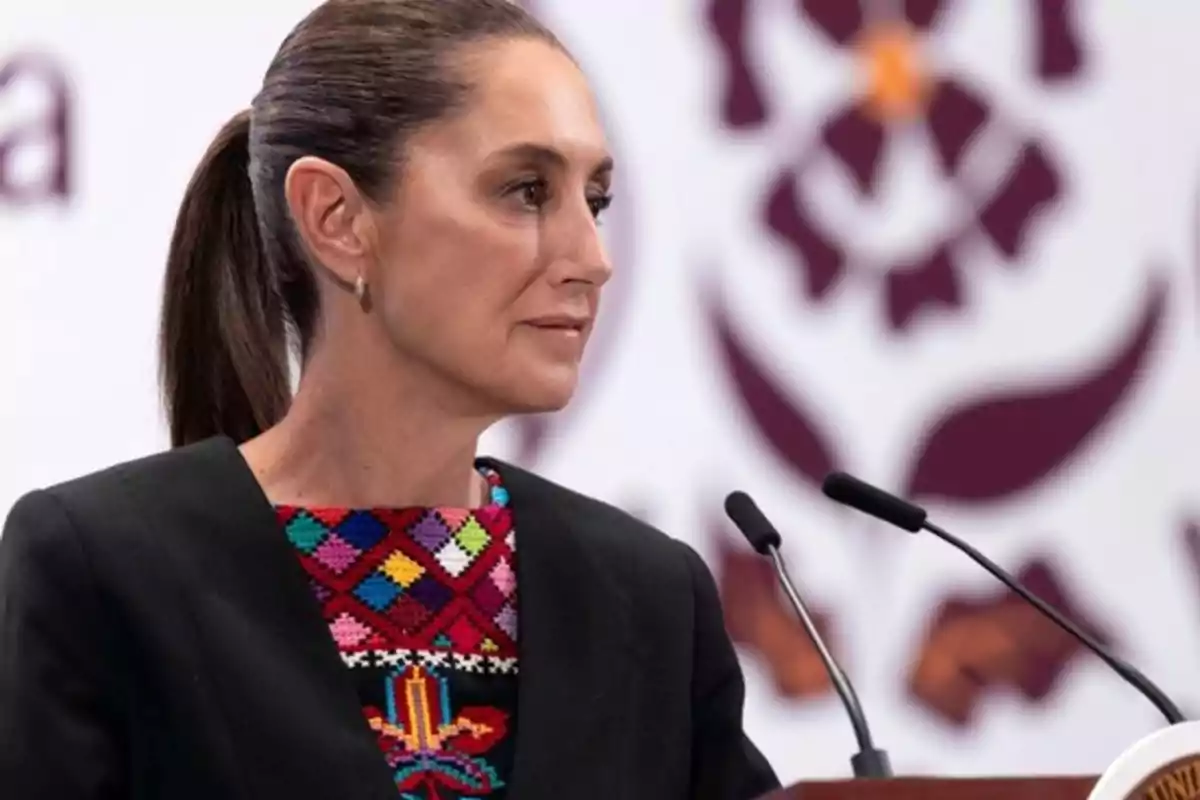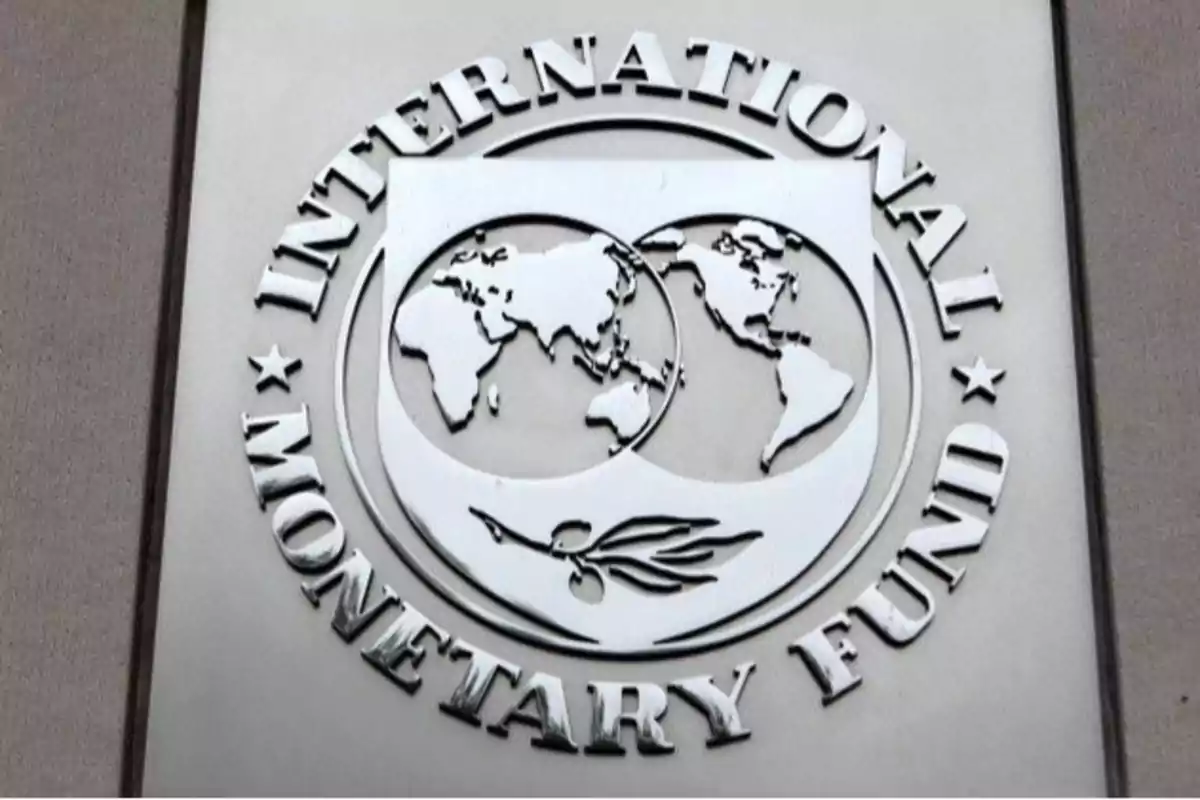
In just 6 months, Mexico's public debt increased by 1.1 trillion pesos.
The International Monetary Fund warns that each Mexican would owe 209,000 pesos by the year 2030
Mexico's public debt skyrocketed in the first six months of Claudia Sheinbaum's administration. The debt increased by a staggering 1.1 trillion pesos in addition to the country's commitments.
According to analysts and international organizations, this increase represents a generational tax burden and reduced public spending for future generations.

Data from the Ministry of Finance reveals that the federal public sector closed March with a gross debt of 18.8 trillion pesos. This figure increased compared to the 17.7 trillion recorded in September, at the end of Andrés Manuel López Obrador's term.
Of the total, 74% corresponds to domestic debt in national currency, while the rest is linked to obligations in dollars or other foreign currencies.
Mexico rises in the global debt ranking: surpasses Argentina and Colombia
In terms of Gross Domestic Product (GDP), the debt went from representing 52.3% to 52.5%. This, according to the Ministry of Finance, is still a sustainable level given the size of the national productive sector.
However, the International Monetary Fund (IMF) estimates that Mexico will climb from 85th to 62nd place in the global gross debt ranking during Sheinbaum's term. Mexico's debt will surpass that of countries like Argentina, Colombia, and Costa Rica.

Despite the IMF's warnings, which projects that Mexican debt will increase by up to 9 trillion pesos more during this administration, President Claudia Sheinbaum downplayed the concerns:
"That organization hasn't considered that the Fourth Transformation has arrived in Mexico, and with it, corruption has ended. Privileges are over, and the people's resources are returned to the people of Mexico."
she recently declared.

The debt future generations will pay.
However, the Center for Economic and Budgetary Research (CIEP) warned that if the current fiscal policy is not corrected, future generations will pay the price.
According to their estimates, current workers are financing both the debt and the inherited pensions, without being able to invest in their own old age, which exacerbates intergenerational inequality.

Economist Humberto Calzada, from Rankia Latin America, warned that the most likely solution will be a fiscal reform involving more taxes or less public spending:
"Public debt means more taxes for future generations of Mexicans, less spending, or both."
Finally, if the total public debt were distributed among the entire population, each Mexican would currently owe about 150,000 pesos. But that figure would increase to 209,000 pesos by 2030, according to IMF projections.
More posts: